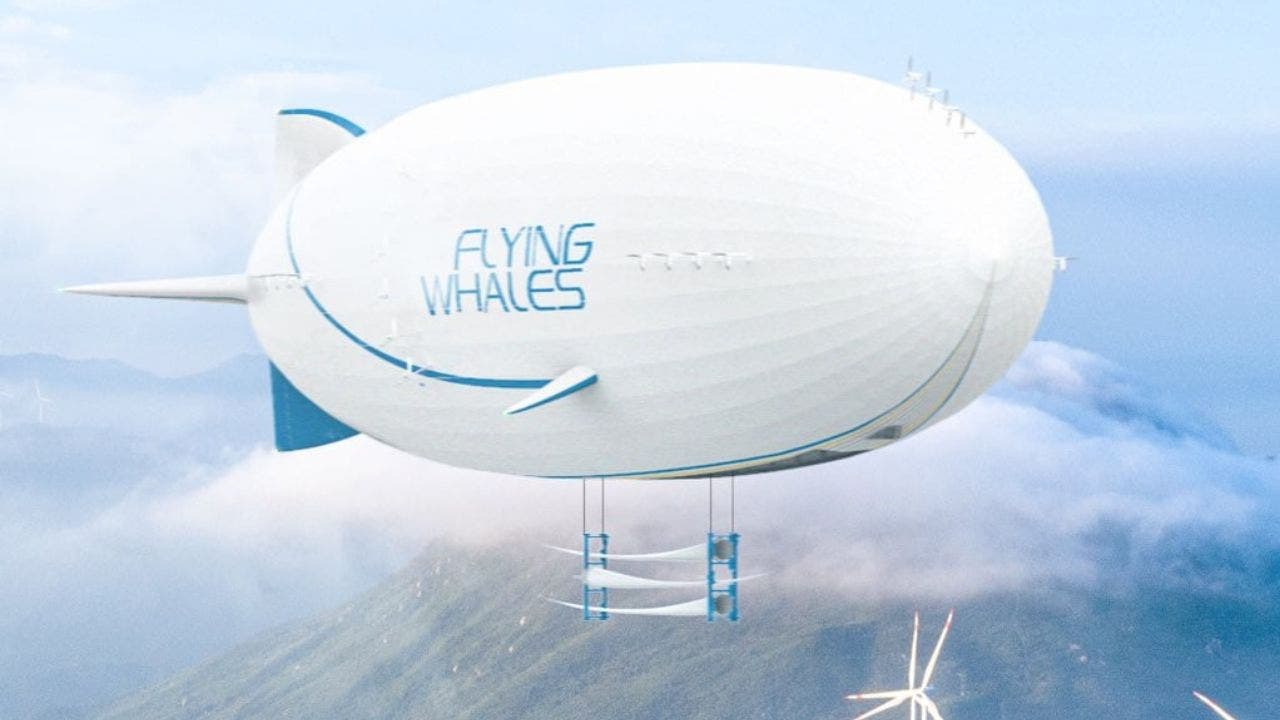Massive airship could shake up cargo transport

French startup Flying Whales is making waves in the world of cargo transport with its revolutionary Large Capacity Airship 60 Tonne (LCA60T) project. This ambitious endeavor aims to transform the way goods and materials are transported by air, connecting remote and inaccessible areas to population centers without the need for traditional ground transportation.
The LCA60T is an impressive feat of engineering, measuring a staggering 656 feet in length with a cargo capacity of up to 132,000 pounds, surpassing even the Airbus Beluga XL. Filled with helium, the airship boasts a volume of 6.3 million cubic feet and can reach a maximum altitude of 10,000 feet. Propelled by 32 electric propeller drives generating a combined 5,360 horsepower, the LCA60T can achieve a top speed of 63 mph.
The airship’s design incorporates cutting-edge elements such as a composite beam lattice construction with metal joints, 14 non-pressurized helium cells equipped with advanced sensor systems, and a 315-foot-long cargo hold with dual sliding doors. The outer skin is made of a specially developed Diatex ultralight polyester textile, ensuring durability and efficiency.
In terms of power generation, the LCA60T initially uses high-voltage lithium-ion batteries and turbine generators. However, Flying Whales plans to transition to hydrogen fuel cell power to reduce emissions and enhance sustainability in the future.
To bring its vision to life, Flying Whales has established strategic partnerships with companies like Evolito, which is supplying the electric motors for propulsion. With over $300 million in public and private funding secured, the company has already begun wind tunnel testing of its outer skin material, paving the way for the project’s development.
The versatility of the LCA60T opens up a myriad of possibilities, from transporting renewable wood from remote logging sites to delivering humanitarian aid and setting up temporary modular hospitals in underserved areas. As the company continues to progress towards its goal of flight testing in 2027, the world eagerly anticipates the potential impact of this modern airship on the future of sustainable and accessible transportation.
Flying Whales’ LCA60T represents a bold step towards revolutionizing cargo transport and connecting isolated regions. While the project faces challenges, its potential to transform logistics and bridge gaps between communities is undeniable. As the world watches the progress of this groundbreaking endeavor, the question remains: should governments and private companies prioritize funding airship technology over other sustainable transportation solutions? The answer may lie in the success of Flying Whales’ innovative LCA60T and its ability to usher in a new era of transportation.




